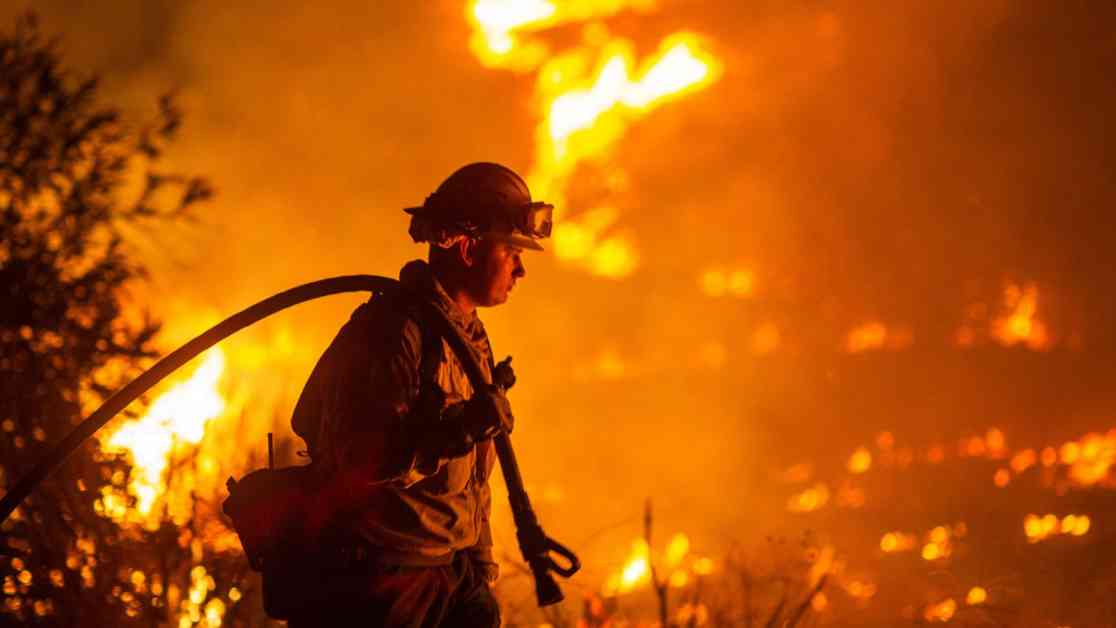Record-Breaking January Heats Up Climate Crisis
Last month, the world witnessed an alarming climate milestone as January marked the warmest on record, surpassing all previous data. The European Copernicus climate service revealed that global average temperatures soared 1.75 degrees Celsius higher than before the significant increase in greenhouse gas emissions during the industrial revolution 150 years ago, shattering the previous year’s record by 0.1 degrees Celsius.
Unexpectedly, these unprecedented temperatures defied scientists’ forecasts, who anticipated a cooling effect due to changes in ocean currents in the Pacific, known as La Nina. However, the relentless rise in global temperatures persisted, emphasizing the severity of the climate crisis that plagues our planet.
Expert Insights: Climate Scientists Voice Concern
Renowned climate scientist Dr. Friederike Otto from Imperial College London expressed grave concerns about the accelerating pace of climate change. She attributed the scorching temperatures to the continued burning of massive quantities of oil, gas, and coal worldwide. Dr. Otto’s sentiment echoed a stark reality as she warned of more frequent and intense extreme weather events in the coming years, citing the recent catastrophic Los Angeles wildfires as evidence of the perilous level of global warming.
The gravity of the situation was further underscored by emeritus professor Bill McGuire from UCL, specializing in geophysical and climate hazards. Professor McGuire emphasized the alarming trend of the global temperature exceeding the critical 1.5 degrees Celsius limit since 2024, which has persisted for 18 of the last 19 months. The recent data painted a grim picture of climate breakdown, with ominous implications for the future.
Local Impact: UK Braces for Climate Fallout
Beyond the global scale, the repercussions of a warming atmosphere have hit closer to home in the UK. The Environment Agency sounded the alarm on escalating surface flooding risks due to more intense rainfall, overwhelming existing drainage systems. Recent figures revealed that 4.6 million properties in England are vulnerable to flooding, representing a staggering 43% increase from previous estimates.
In response to the escalating climate crisis, the government announced a £2.65 billion investment over two years to bolster flood defenses and safeguard an additional 52,000 homes and businesses. Despite this significant initiative, the funding allocation remains insufficient compared to the vast number of properties at risk, highlighting the monumental challenges posed by climate change.
As the world grapples with the devastating consequences of rising global temperatures, the urgent need for collective action and sustainable solutions becomes increasingly evident. The record-breaking January serves as a poignant reminder of the critical juncture we face in combating climate change and safeguarding the future of our planet. The relentless march of global warming demands unwavering commitment to mitigation efforts to avert further environmental catastrophe.




